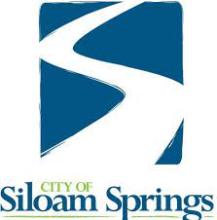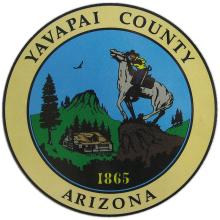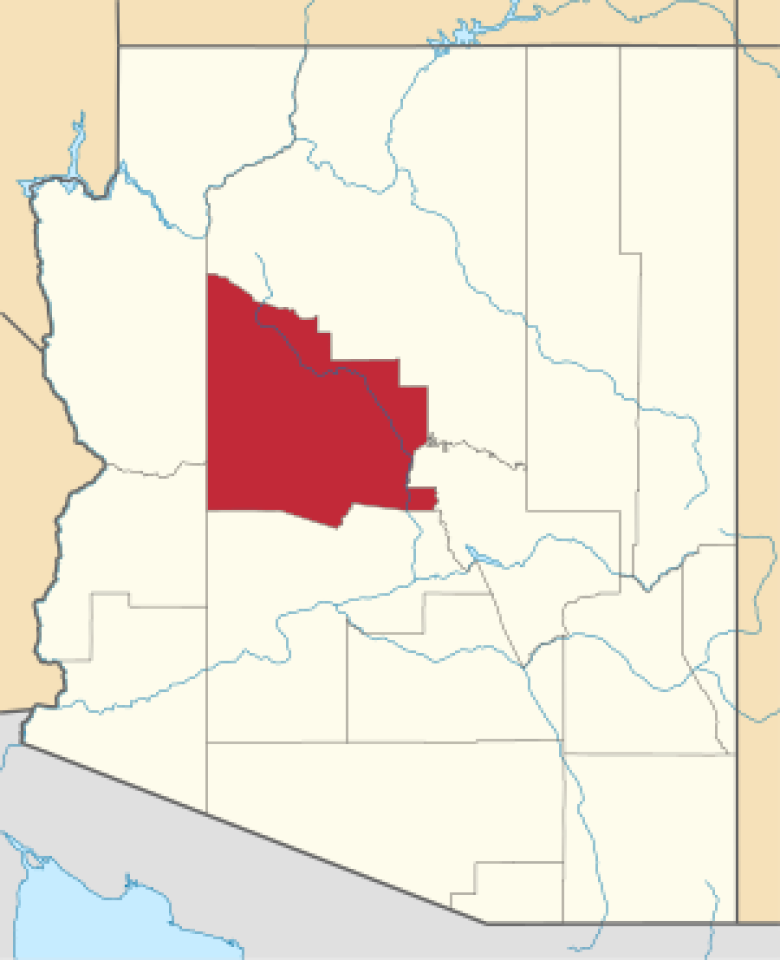Siloam Springs, Arkansas Is Weighing Its Options For Citywide Fiber Build
In 2012 the residents of Siloam Springs, Arkansas voted against building their own fiber network after some misleading electioneering by the regional cable monopoly Cox Communications. A decade later and local residents are still frustrated by high prices and a lack of competition, as city leaders are still contemplating what exactly they should try to do about it.
In June, the city released a new report by Finley Engineering and CCG Consulting showing the width and depth of the city’s broadband issues. That report was formally presented at an August city meeting before the city’s recently-formed Broadband Advisory Committee.
Survey Said …
The survey showed that 11 percent of Siloam Springs residents still lack access to broadband, 77 percent of city residents want greater broadband competition, and 88 percent say they’re paying way too much for broadband service. While residents also complained about sluggish upload speeds and outages, the biggest consistent complaint was high prices.
“The number one issue that came through loud and clear in the surveys is broadband pricing – practically every resident we heard from thinks current broadband is too expensive,” the study authors noted.
Siloam Springs is heavily dominated by a duopoly of just two providers: Centurylink and Cox Communications. But even calling it a duopoly is generous; the city’s survey found that Cox enjoys a 92 percent broadband market share within city limits. The lack of competitive threat reduces any real incentive for the cable giant to lower prices or expand service.




